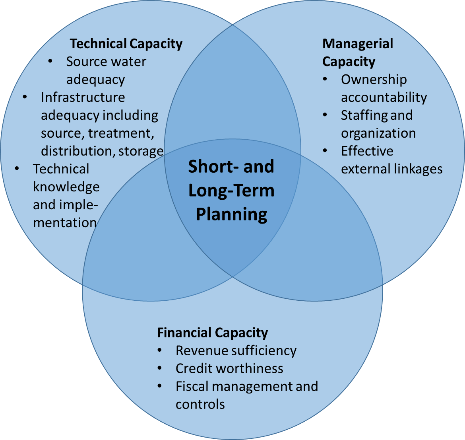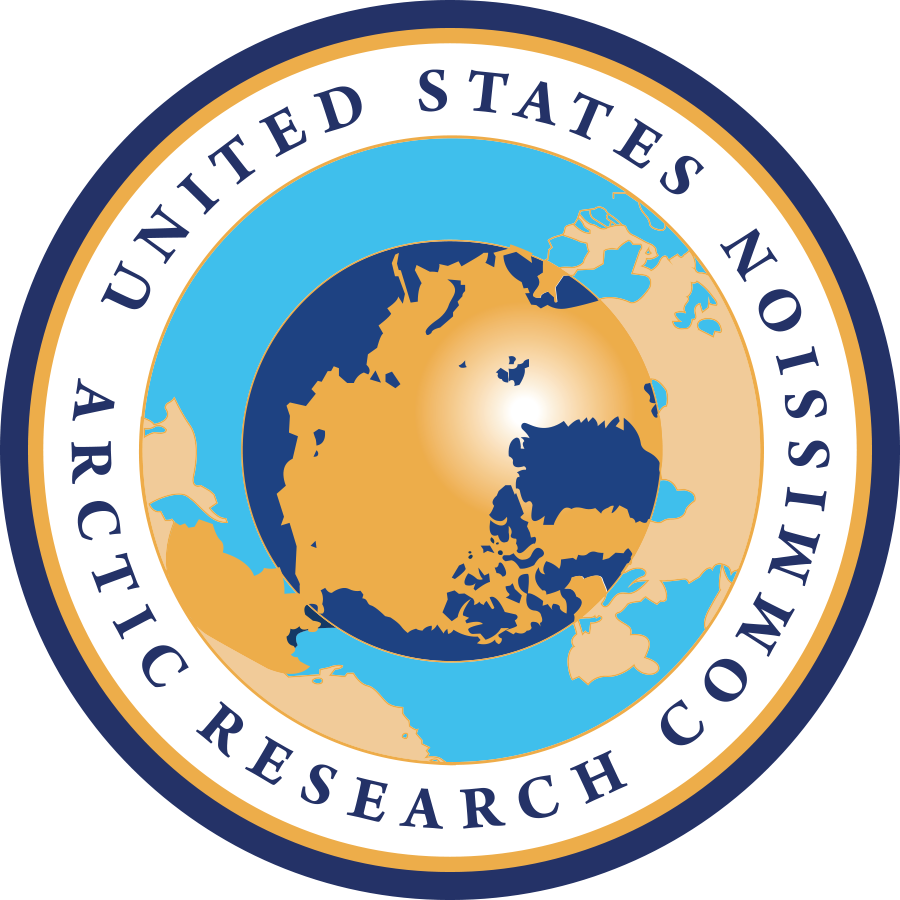February 9, 2017 | Anchorage, Alaska
Improving Village-level Financial, Management, and Technical Capacity
Sessions at the 2017 Alaska Forum on the Environment
During past USARC workshops on research needs in remote Arctic villages, the need for capacity-building as it relates to the operation of water and sanitation utilities and renewable energy projects in remote, rural villages was a recurring theme. Within a community, capacity is needed to envision, fund, organize, and execute projects such as a renewable energy project or utility. Capacity in rural Alaska also increases the odds of project success. In Alaska, village-level capacity is highly variable and depends on strong community leadership and the experience and training of skilled individuals.
Three sessions hosted by USARC at the 2017 Alaska Forum on the Environment were aimed at understanding the current methods of assessing and improving village-level capacity in order to improve the success rate of water and sanitation and renewable energy projects in remote Alaskan villages. These sessions included:
- Session 1: Setting the stage (defining capacity and historical efforts to assess/improve capacity)
- Session 2: Assessment of village-level capacity: current approaches
- Session 3: Work Session: Capacity improvement efforts and development of a holistic community capacity improvement plan
Session Objectives
- Improve knowledge about the processes available/needed to assess local capacity
- Improve knowledge of capacity development and technical assistance needed to achieve sustainable water systems and renewable energy projects
- Development of community-based standards for capacity improvement
- Input and progress on holistic capacity developments approaches that include community-based approaches and the establishment of a network of practitioners
For the purpose of these sessions, we defined capacity as:
Capacity (general): Specific ability of an entity (person or organization) or resource, measured in quantity and level of quality, over an extended period.
Alaska Department of Environmental Conservation Capacity Definition1: Refers to the capabilities required of a public water system in order to achieve and maintain compliance with the drinking water rules. It has three elements: technical, managerial and financial capacity.
1. Technical capacity: Technical capacity or capability means that the water system meets standards of engineering and structural integrity necessary to serve customer needs. Technically capable water systems are constructed, operated, and maintained according to accepted standards.
2. Managerial capacity: Managerial capacity or capability means that the water system’s management structure is capable of providing proper stewardship of the system. Governing boards or authorities are actively involved in oversight of system operations.
3. Financial capacity: Financial capacity or capability means that the water system can raise and properly manage the money it needs to operate efficiently over the long term.
The US Environmental Protection Agency has a similar definition as shown in the image below.2

References
1 Alaska Department of Environmental Conservation. 2000. Report of Findings on Improving the Technical, Managerial and Financial Capacity of Alaska’s Public Water Systems.
2 https://www.epa.gov/dwcapacity/learn-about-small-drinking-water-systems
Presentations
SESSION 1. SETTING THE STAGE
Setting the Stage and Defining Terms – by C. Rosa
Overview of past capacity assessment and improvement efforts:
Rural Utility Business Advisory Program – by R. Eleazer
Kotzebue Electrical Association – by B. Reeve
Case Studies
Water & Sanitation: Capacity Development Efforts in the YK Region – by T. Bobo
Renewable Energy (Presenter unable to make the workshop)
SESSION 2. ASSESSMENT OF VILLAGE-LEVEL CAPACITY: CURRENT APPROACHES
Alaska Village Electrical Cooperative Capacity Assessment Approach – by F. Button
Fuel Oil Loan Capacity Assessment Approach – by J. Sullivan
Operation and Maintenance Best Practices Scoring List – by C. Bohan
SESSION 3. CAPACITY IMPROVEMENT EFFORTS AND DEVELOPMENT OF A HOLISTIC COMMUNITY CAPACITY IMPROVEMENT PLAN
Capacity Building Programs – by P. Foster Wilder
» Pinga App
» ANEEE
First Alaska Institute leadership development programs – by L. Medicine Crow
This final presentation did not include a slide presentation but focused on the FAI’s philosophy that capacity is not just about training good employees but rather about the collective wellbeing of the community and the importance of leadership and community connectedness. For more information on FAI’s capacity building programs click here.
Home | About | Publications | Working Groups | News & Events | Policies | Photo Credits | Privacy
Looking for U.S. government information and services? Visit USA.gov
Connect
Looking for U.S. government information and services? Visit USA.gov


